Laikipia
When I first knew Michael Cunningham-Reid he was such a strict teetotaller that he would not eat trifle for pudding in case there was sherry in it. For years, not drinking was his leitmotif, along with big cigars and a thirst for gambling, racehorses and catching marlin with just two lines out on the Indian Ocean. At Michael’s funeral at his Lake Naivasha farm, my wife Claire was the first to reveal she had secretly given him a glass of wine. Julian then confessed he had done the same and said over the microphone, ‘Own up, who else?’ Mourners under the fever trees wriggled on their hay-bale seats and the giggles rose to a roar of laughter. It turns out that we had all been helping Michael to fall off the wagon for a decade, keeping it a secret from his beloved German wife Dodo, known as the Panzer.
I was in on it, too. Michael had been writing his autobiography and wanted our thoughts on a draft. I said, ‘It’s all about your mother, isn’t it?’ ‘Everything,’ he said with a sigh, demanding a large glass of red, which he downed in one. All his incredible life what Michael wanted was the love he did not get from his mother, who makes her mark in his memoirs by her strange absence, apart from the times she set fire to the curtains in an attempt to burn down the family pile and tried to flush her diamonds and pearls down the lavatory. When he was a boy, it was Doris Duke who took him under her wing and he found himself in Pearl Harbor on the day the Japanese attacked. As young Michael watched, a kamikaze Zero flew so low he could see the pilot wave at him before cutting his engines to dive into the USS Arizona.
Michael told me he’d blown about £50 million in his life, all I guess in the search for love. Buried in some newspaper library there’s a headline about the Twins of Le Touquet, sisters that Michael took a bath with on a French holiday (one of them was married and the story came out in a divorce case). He found real affection in Kenya with his stepfather Lord Delamere, who told Michael, ‘Just because you’ve been sick in your hat, it doesn’t mean you have to put it on your head.’ His first job in East Africa was to cull rhinos on the Laikipia plateau, because in the 1950s there was a rhino behind every bush and it was dangerous even to take a walk. He told me he shot hundreds. It was a different world then, as one mourner at the funeral reminded us while relating a story about hunting elephant with Michael in the old days.
More than with anyone, Michael found love with Dodo the Panzer, and also with his son-in-law Tonio Trzebinski, who, before he was murdered in 2001, used to take him on frequent fishing and shooting safaris. And Michael adored Kenya, too, urging me never to abandon the country we had made our home, even during the toughest times. After the bloodbath that followed Kenya’s elections in 2007, when many had no hope for the future, Michael wrote: ‘I have come to know that those who love Kenya recognise, tolerate and embrace the fact that its struggles are human; that its special lessons for living are spelled out in often mad acts of daring, humility and hope; that it’s in a way that no other country can be, God’s own country…its intrinsic and old greatness powers its life and those of its people.’ When Michael came to stay on the farm after our years of toiling to build it up in the wilderness, he took his cigar out of his mouth and said, ‘Look. When I first met you I thought you were a wanker capable of not very much. I said Claire was mad to marry you. But you’ve done well here. I’ve altered my view of you.’
Michael was cremated on a large pyre of fever-tree logs. When the Panzer and Michael’s children Dominic and Anna lit the fire, a zebra cantered around the pyre along the lakeside and there was a flock of pelicans circling into the sky over the lake, with Rift Valley volcanoes in the distance. We left long before the fire burned down but Dominic sat up over it. If you cremate a man in this way — and we’ve burned a number of friends like this in Kenya over the years — the ash of the wood settles into a darker colour than the ash of the human remains. When it is all consumed you can literally see the ghostly outline of the person, and reach into the embers and recover what is left of a man. The day after the fire, Dominic wrote to say that he had collected what he could of Michael’s bones to be scattered on the waves, down where his marlin are swimming — and that his remains fit neatly into a cigar box.
Got something to add? Join the discussion and comment below.
Get 10 issues for just $10
Subscribe to The Spectator Australia today for the next 10 magazine issues, plus full online access, for just $10.


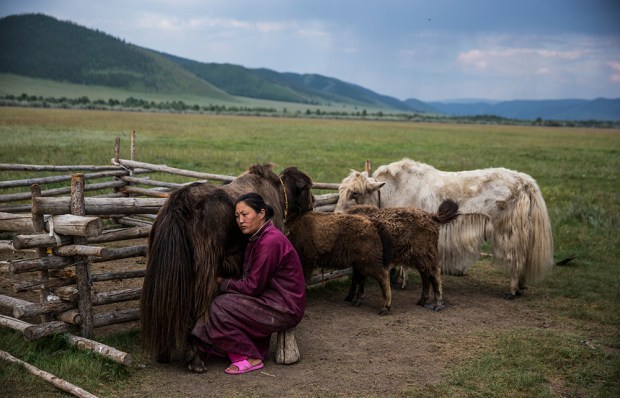
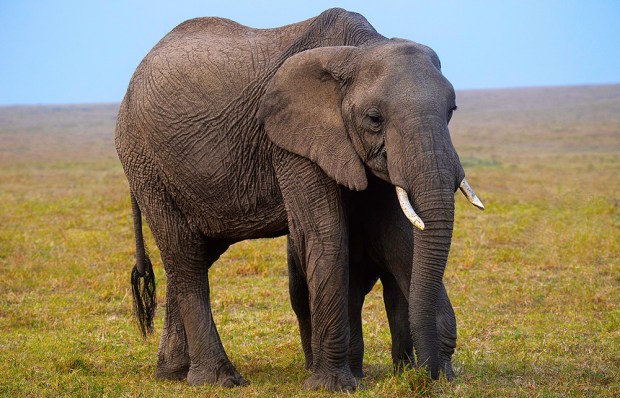
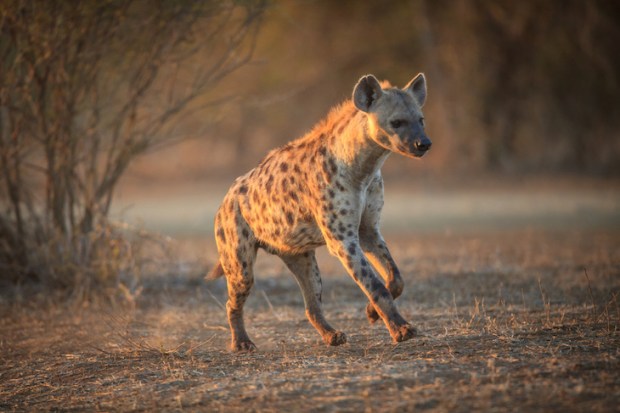
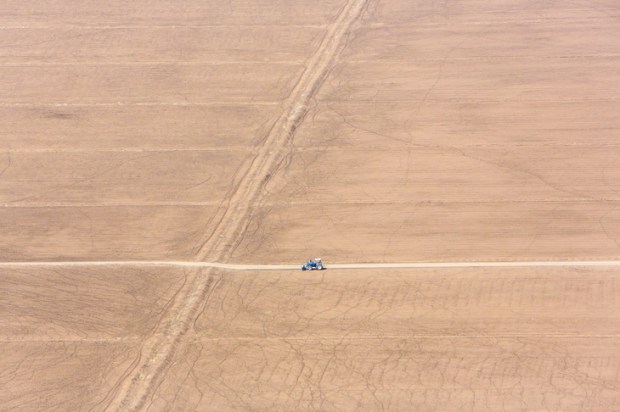
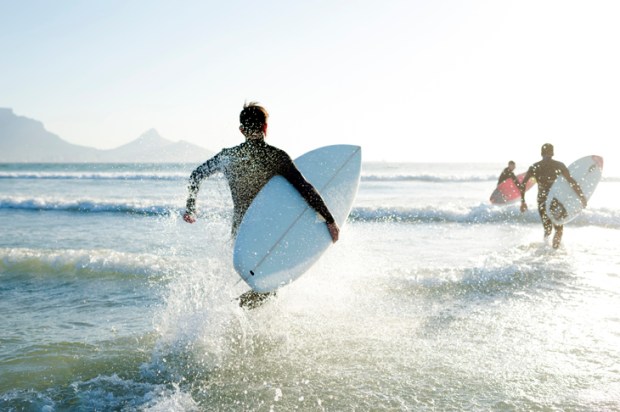
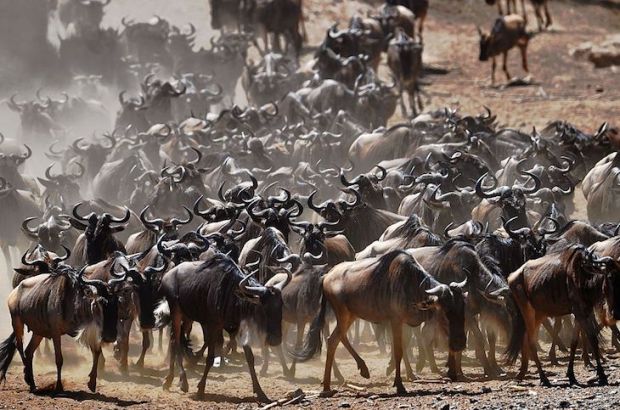






Comments
Don't miss out
Join the conversation with other Spectator Australia readers. Subscribe to leave a comment.
SUBSCRIBEAlready a subscriber? Log in